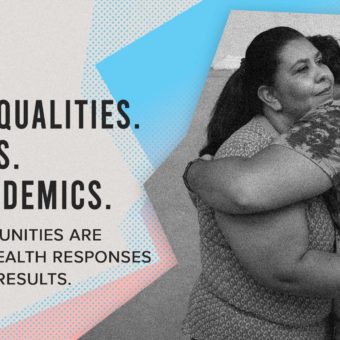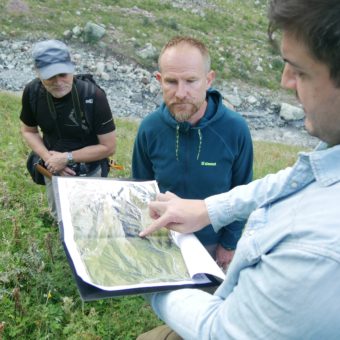Handling Emergencies: DEKONTA’s work on emergency preparedness and management in Georgia
For nearly two years, a Czech innovator DEKONTA a.s. worked together with Georgian NGO Association Regional-Rural Development for Future Georgia (RDFG) and local state authorities to enhance Georgian approach towards emergency preparedness and management.
What is emergency preparedness and management
The aim of the project was to support implementation of Major Accident Prevention (MAP) connected with accidents in industrial facilities with hazardous chemical substances in Georgia, by enhancing methodological and expert capabilities of the Emergency Management Agency (EMA) of the Ministry of Internal Affairs of Georgia, which implements and enforces MAP in the country.
In the framework of Georgia’s new obligations required by the EU-Georgia Association Agreement, the EU SEVESO Directive was to be transposed into Georgian legislation. This includes, among other responsibilities, the determination of emergency planning zones of hazardous industrial facilities and preparing external emergency plans for municipalities or regions, where hazardous industrial facilities are located. Based on the existing Georgian law, the Emergency Management Agency is the competent state administration body.
Due to country’s historical developments however, EMA lacked a systemic approach and experience in dealing with these issues. As a result, while the law defined the content of an external emergency plans, a thorough methodology to guide the process of preparing and executing such plans was lacking. With experience from working in Georgia, DEKONTA was up to the task.
Achievements of the Project
While the project’s implementation took an unexpected turn due to the COVID-19 outbreak, which for long prevented on site meetings and workshops necessary for the training, all goals of the project have eventually been met.
With the help of a local partner RDFG, DEKONTA worked closely with Georgian authorities and prepared a Methodology for designing and implementation of external emergency plans. Furthermore, in the final training, 16 representatives of EMA’s central departments (i.e. from CBRN Unit, Civil Protection Department and Supervision Department) received training in designing and practicing external emergency plans.
Furthermore, some of these experts participated in elaboration and reviewing of the draft Methodology. This way, they gained valuable expertise through active cooperation and consultations with the project team. These trained experts are expected to share the gained knowledge with EMA’s staff from regional offices, as well as with other relevant Georgian governmental and self-governmental municipal bodies that take part in the emergency planning.

Finally, the Project and its results were presented at two workshops organized at the Tbilisi Sea Training Centre. Apart from the EMS staff, representatives of the Ministry of Health, Labour and Social Affairs, the Ministry of Internal Affairs of Georgia, as well as representative of UNDP Georgia and representatives of the Czech Embassy in Tbilisi were present.
About the Challenge Fund initiative
The Enhancing Georgian Approach Towards Emergency Preparedness and Management project was part of the Challenge Fund initiative. With funding provided by the Ministry of Foreign Affairs of the Czech Republic, the Czech-UNDP Partnership’s Challenge Fund brings innovative solutions from the Czech Republic’s private sector, NGOs, universities, state institutions, research centres and individuals to tackle specific developmental challenges in the priority countries.
New call for Challenge Fund proposals will be announced soon! To stay updated, follow the Czech-UNDP Partnership on LinkedIn.
The content of this material does not necessarily represent the official views of the Ministry of Foreign Affairs of the Czech Republic, or of the United Nations, including UNDP, or UN Member States.







